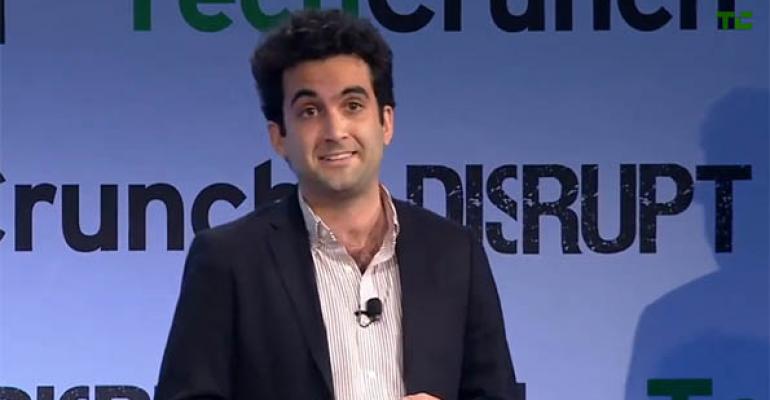Big data can give anyone a headache—except for Enigma’s co-founder Marc DaCosta, who sees those bits and bytes as ways to support business decisions from trading to credit lending. Fresh from the FinTech Innovation Lab showcase, we asked him how he plans to his start-up can find a footing in the crowded financial tech space.
"There is all this valuable economic data that financial services aren't considering when making analytical decisions. It's outside of where they're looking, falling under their radar because it's messy and hard to integrate. In that sense we are bridging this universe of data by providing an infrastructure so it can actually be used.
For example, if you're analyzing a real estate company that is heavy with rentals, you can use building permits to get details into a building's condition, literally looking at whether a roof was replaced three years ago or whether a new cellular antenna was installed. You can see risks associated with buildings and their valuation. Building permits are really scattered and it's hard to get a full view. We provide a better way to get access to all that is in the public record.
The second thing we do is on the analytical level, taking data and providing information that helps financial services firms make better decisions. Because at the end of the day, it's about what you can do with the data as opposed to mere access to the data.
One of the key problems with public data today is you have to know a couple of things upfront. You have to know the data sets that are relevant to what you’re interested in, but it may be hard to know that at the beginning. For example, if you wanted to predict growth of McDonalds' drive-throughs, you'd probably never think the Federal Communications Commission wireless database is relevant to you, but drive-throughs connect to restaurants through a government wireless link.
We see open data today the way we see the Internet and web pages in the 1990s. There were a lot of web pages out there but before search engines, you had to know where you were going. But then Yahoo, Google and others showed up and you didn't need to know upfront what you were looking for. There's a tremendous amount of value in public data. It's always produced as a consequence of activity, every time someone fills out form, it shows up in a database. It seemed obvious to build an infrastructure to connect data you could access for vital business operations."





